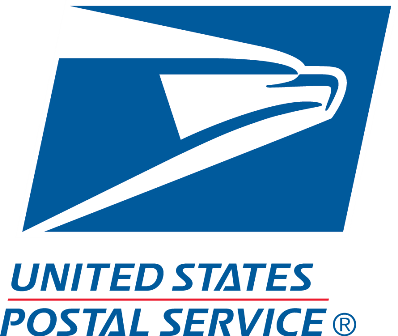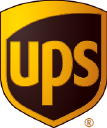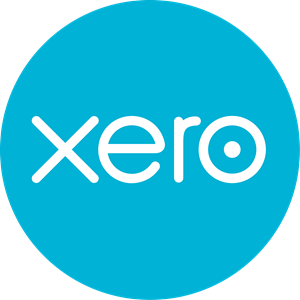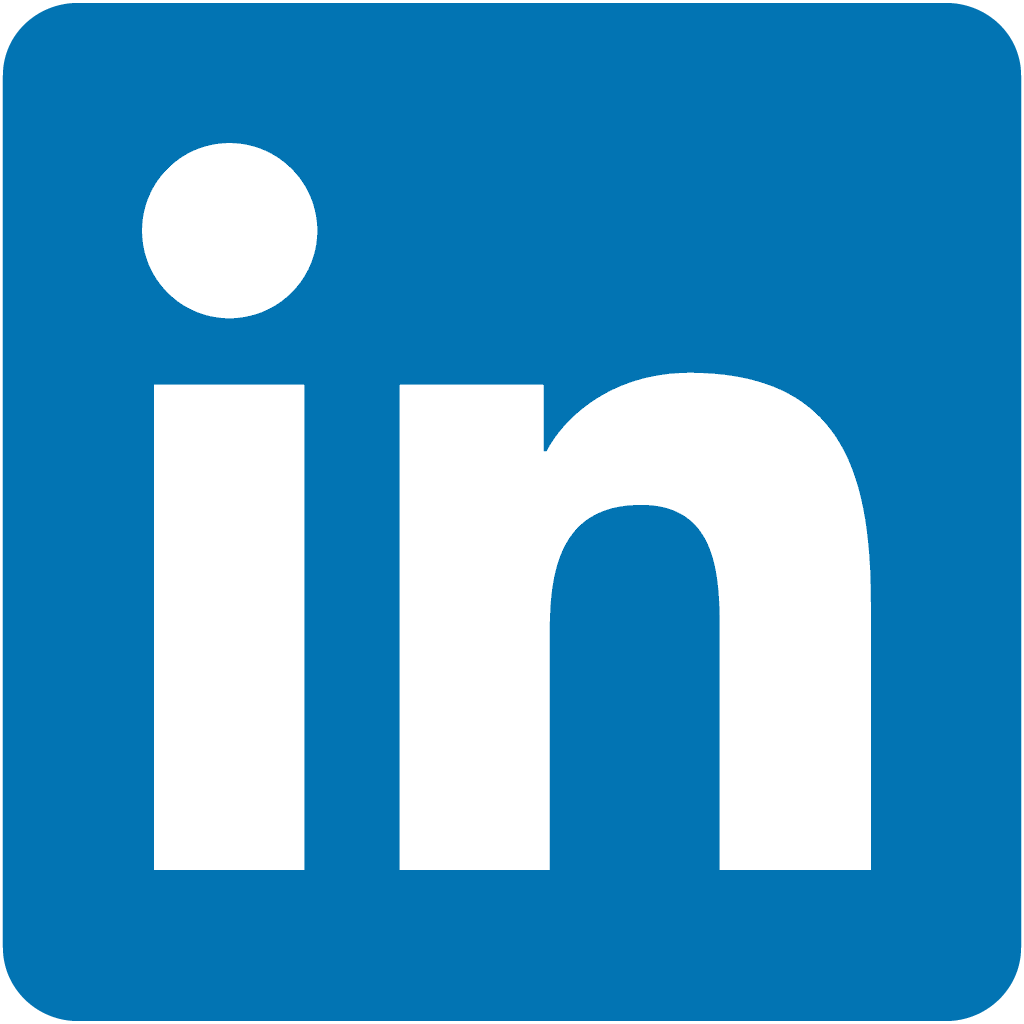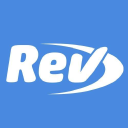
How We Started A $1.3M/Month Book Writing, Publishing And Marketing Service
Hello! Who are you and what business did you start?
My name is Tucker Max, and I'm a 4x New York Times Bestselling Author and the Co-Founder of Scribe Media.
At Scribe, our mission is to help everyone on Earth write, publish, market, (and own) their book. Since we first began as a start-up in 2014, we’ve worked with over 1,500 authors, including high-profile CEOs, famous entrepreneurs, professional athletes, and many other people with incredible personal stories (like David Goggins and Tiffany Haddish).
We have two primary services, one called Scribe Professional, costs $36k and is an interview-based book publishing service. The other is called Guided Author, where you write the book yourself, but with our guidance and structure, and then we do the editing and publishing.
Both are designed for entrepreneurs, consultants, executives, and others who want to write and publish a professional book in their words and in their voice.
We also offer additional services ranging in price from $10k-$100k+, so authors have the option to pick the service that best suits their needs.
We are exclusively a services firm, but we also publish all of our resources online for free, so if you can’t afford our services, you still have access to all the information you’d need to write and publish your book on your own.
We do this because we wholeheartedly believe in our mission to help everyone on Earth write their book. How could we claim that as our mission and not make our resources available to everyone, regardless of their ability to pay for them?
Honestly, what’s been really cool to me is how excited people are about their books. Yes, making money is great, but in this case, the money is only the proof of what matters in a new start-up: that we’re creating real value for real people, by solving their real problems.
Scribe does that—there are so many people who really want to turn their idea into a book, but they just don’t have the time, ability, or patience to do it the traditional way. We solve the problem. And even better, we solve their problem in a way that’s easier, cheaper and more effective than any other potential solution.

What's your backstory and how did you come up with the idea?
It all began with a simple question from a frustrated entrepreneur:
“I want a book, but I don’t have the time to write it, and the normal publishing process is too frustrating. Is there another way?”
I’m a writer (I’ve written four New York Times Bestsellers), and thus I used to hear some variation of this question on a nearly daily basis.
Typically, I’d tell people that writing the book is not an optional part of the process and that they can’t have their own book without actually doing the work to write it. It was my standard response to get out of the conversation as quickly as possible.
To be honest, I often looked down on the laziness of people who thought they could just get a book without putting any of the efforts in. But Melissa Gonzalez – the entrepreneur who asked me the question that day – was different.
Melissa is bright, successful and has accomplished many amazing things, so when I gave her my usual response, she straight-up called me out.
Melissa: “You’re an entrepreneur, correct? I’m an entrepreneur too, and the most important thing I do is solve problems. Can you solve my problem, or are you just going to lecture me about hard work?”
She was totally right. And I was clearly (and embarrassingly) very wrong. But I couldn’t think up any solution to the problem she posed. I was too flustered.
I ended up obsessing over our conversation for weeks, but I couldn’t get past the idea that it was impossible to write a book without actually putting in the time to write it.
It wasn’t until I actually stopped thinking about it that I finally found the solution: talking!
Writing isn’t the only way you can get an author’s ideas out of their head and into a book. Socrates and Buddha and Jesus got their words into books by talking. Why couldn’t it work for everyone else?
When I called Melissa back to tell her about the idea, she was on board with the concept, provided that we could ensure it was her words and her ideas in the book.
You have to really understand who your customer is. They’re not just buying what you think you’re selling, they’re buying a solution to a problem. Not having a deep understanding of that was a big weakness of mine at the beginning.
And thus, the very first seeds of Scribe Media were planted.
Take us through the process of designing, prototyping, and manufacturing your first product.
Once I had refined the initial idea, I reached out to a former employee of mine, Zach Obront. The three of us (myself, Zach, and Melissa) decided to collaborate on the project to see if it would work and to test what would happen.
It took a lot of trial and error, but we eventually came up with a step-by-step process that worked.
First, we formed the book's positioning and outline. Zach did a few calls with Melissa to help her clarify her book idea and determine exactly what she wanted to say. We used these conversations to write the outline.
After we finalized the outline, Zach interviewed Melissa over the course of four two-hour calls. Using the outline as a guide, he asked her questions until he got all of her ideas, in her words, out of her head and into an audio recording.
We used Rev.com to transcribe the recording. But if you’ve ever seen a raw audio transcription, you know it’s essentially unreadable. People don’t speak in the same manner that they write. So we took the transcription and essentially “translated” it by taking Melissa’s spoken words and making them flow on the page while keeping it in her voice.
Once her ideas were written down, Melissa reviewed the content to ensure it accurately reflected her thoughts and overall vision for the book. And because she has an amazing aesthetic, we went to work to make sure the cover would also look great. We hired a world-class cover designer (Erin Tyler, now our Director of Creative) to get Melissa a book cover that she loved.
Now, it’s important to note that there are a million things that differentiate a professional book from one that is clearly amateur self-published. We didn’t overlook any detail in the process—interior layout, blurbs, copyright page, etc.—they were all carefully handled to make sure we were putting together the best possible book before it was published.
We also did the deal in such a way that Melissa owns all the royalties and all the rights to her book. She paid for a service, so unlike with regular publishers, she gets all the credit and all the upside. It’s her book, her credit, her money.
Start to finish, the entire process took about 9 months (that was because it was the first time we did it; now it takes about 7 months to go from idea to publishing date, and sometimes less).
Describe the process of launching the business.
While we were working through the process of creating Melissa’s book, I mentioned the idea to a few people. They all loved it, but everyone loves startup ideas until they have to pay for them, right?
Except…two of those people did pay. And they wanted us to help them go through the same process that we did with Melissa.
Then, a few weeks later, I went on a podcast to talk about something completely unrelated. Somewhat by accident, I ended up talking about it for 20 minutes. From that one episode alone, we ended up selling six more packages, bringing us up to a total of eight packages sold.
When you’re selling a product before you even formally offer it to anyone, you know that you’re onto something. That’s pretty much the ultimate definition of product-market fit.
That is what it looks like when your start-up actually solves real problems.
After that, Zach and I decided to call the company “Book In A Box” (now Scribe Media) and officially started offering the services to customers in August 2014. In our first two months, we did more than $200k in revenue and we’ve been profitable since.
Since launch, what has worked to attract and retain customers?
Since Scribe first launched, speaking in media—whether through podcasts or through standard publications—has really moved the needle in terms of connecting with potential authors and getting early traction.
Finding opportunities to get onstage for speaking gigs and explaining to audiences why they should write a book and share their story has also been and continues to be, really impactful.
Our CEO JT McCormick, who was actually a Scribe author before he joined the company, regularly speaks onstage at various professional conferences throughout the country. I can’t even begin to tell you how many people reach out to us after they hear him tell his story—the impact he has is remarkable, and it encourages others to think about why they should use Scribe to help them share their own story.
Most of our company’s client base has been built upon word of mouth. By providing a really great experience for our authors, they talk about us to their friends. That’s why we try to make every author we work with feel like they are our favorite author.
In fact, about 30% of our business can be attributed to referrals from someone who's previously worked with us or who knows someone who has worked with us. To capitalize on this, we created a formalized Ambassador program, which helps keep us top of mind and incentivizes people to continue connecting us with potential authors.
But you can only rely on word-of-mouth referrals for so long. In order to expand beyond our prior successes, we have doubled down on our content marketing efforts. This is a long-term plan that we are currently investing in by providing top-tier content on our websites.
Our ultimate goal? To become the leader in the professional self-publishing industry. Therefore, anyone who wants to learn about self-publishing can find everything they need to know through our online resources.
We even provide a free downloadable copy of our book The Scribe Method, co-written by me and Zach, to those who sign up for our email list. While this helps us nurture our email campaign audiences, we ultimately just want authors to know that Scribe has provided them with every possible resource to create the best book imaginable—and if they decide to hire us to make the process faster and easier for them, that’s even better.

How are you doing today and what does the future look like?
Scribe has grown tremendously in the five years since we first started the company.
The most obvious change is that we have expanded beyond our flagship service, Scribe Professional, and now offer a wide range of additional services. These include:
- Publishing Only (Authors do all the writing, we do the proofing and publishing)
- Guided Author (We guide authors through the writing process, then we do the publishing)
- Elite Ghostwriting (You get a bestselling Scribe and a customized process to fit your needs)
This year, we are also working on launching a memoir Workshop we call One Last Book, a new service that will help authors who specifically want to write a memoir.
Since we first started in 2014, Scribe has been and continues to be profitable. However, we have no plans to ever go public with the company, or raise money, or take outside money.
Our primary focus is to continue putting our relationships with our authors and our tribe, the people most important to Scribe’s success, first—which we could not do if we became a publicly owned entity.
Ultimately, we believe the future of books is professional self-publishing. Our goal is to be the premier company—and unquestioned leader—in that space. I think we are already there, and the books we’ve helped publish and the free resources we provide are proof of that.
But I know that there are still hundreds of thousands of people that we have yet to reach, so there is a long way to go.
Thinking even longer term, I believe there is a potential to expand Scribe outside the world of books. It really all goes back to our mission. Beyond just helping people write, publish and market their books, the essence of our mission is ultimately to help share their wisdom and leave a legacy.
So anything we do is going to help spread information across the globe and ideally have a generational impact. We’re removing the gatekeepers and traditional barriers that exist today, making those ideas and stories more easily spread and shared.
Through starting the business, have you learned anything particularly helpful or advantageous?
Oh man--I've learned so much.
Maybe the biggest set of things is about how to structure and run a company. When Zach and I started Scribe, we made a conscious decision to create a different sort of company: we decided to organize as a tribe. In this context, we took tribe to mean "a group of people who share a mission and work as a cohesive unit to achieve something they find meaningful."
We did this for several reasons, but at the core of this tribe is a shared agreement to uphold values and principles that allow the tribe to succeed and work towards a shared mission. The emphasis we have placed on the culture of the tribe has fundamentally shaped how we operate as a company (for the better). You can read our culture bible here if you want to learn more.
That being said, one of our core principles is “We Before Me”. And we take that seriously – in fact, both Zach and I lost our jobs because of this principle.
When the company began, I was the CEO and Zach the COO. As we grew, it became painfully obvious we were terrible at those roles and at scaling the business. We screwed up in multiple areas that C-level execs simply cannot screw up (hiring, operations, and management, for example).
It culminated when we were looking for a GM, and I pushed the tribe into the wrong hire. It was a mistake that cost the company at least $100k and three months of lost time.
It was not easy to accept that we didn't do a good job at executive roles, or that we had to be replaced as CEO & COO. We had to swallow our pride. But what made it possible was that, from day one, we always promised each other we'd do the right thing for the tribe.
The tribe is not about us. It's about the mission we are on and the people who are in the tribe. For the tribe to succeed and excel, we had to fire ourselves, and get better people in those roles.
So that’s what we did.
It was a hard lesson to learn, but it has allowed Scribe to succeed in ways that would have otherwise been impossible.
And by the way--we are both WAY happier now, and in roles that fit us both much better. Funny how that works out.
What platform/tools do you use for your business?
We have tried and tested dozens of tools and platforms at Scribe over the past few years. While there are many to choose from and what works best for you can depend a lot on what your business needs are, these are some of our favorites:
- Airtable - We’ve used Airtable in addition to Teamwork. It works like a spreadsheet but has a lot of database capabilities.
- Bizible - Bizible is an amazing tool for monitoring marketing analytics and attribution.
- Breezy - Breezy is a recruiting software Scribe uses throughout our hiring process.
- Calendly - Calendly is a scheduling tool we use, both internally and with our authors.
- Dialpad - Dialpad is a business VoIP provider that many of our tribe members use to communicate with our authors.
- REV.com - We use REV for all of our transcriptions.
- Salesforce - Salesforce is our primary CRM platform.
Slab - We use Slab as a single-source location for quick access for all of Scribe’s information. - Slack - We use Slack for all internal communication. It has resulted in much better communication, fewer barriers, and better institutional memory, as nothing is lost in people’s email inboxes.
- Teamwork - We use this a lot for project management. It’s a great way to keep track of tasks and deadlines among various departments and funnels.
- Zapier - Zapier has been a game-changer for automation. It’s easy to use and the integrations have made our work more efficient.
- Zoom - A great platform for video conferencing.
It was not easy to accept that we had to be replaced as CEO & COO. We had to swallow our pride. But what made it possible was that, from day one, we always promised each other we'd do the right thing for the tribe.
What have been the most influential books, podcasts, or other resources?
At Scribe, we are fortunate to work with phenomenal authors on a daily basis. Seeing them realize their dream of writing a book is why we do what we do, and their stories are some of the most inspiring and influential books I have read. You can read many of our author success stories on our website.
Some of the books we’ve helped authors write include David Goggins’ Can’t Hurt Me, Tiffany Hadish’s The Last Black Unicorn, Philp McKernan’s One Last Talk, Lorenzo Gomez’s The Cilantro Diaries, and Joey Coleman’s Never Lose A Customer Again, among many other inspiring books.
In fact, Philip McKernan’s book was so impactful that it inspired us to incorporate our own “One Last Talks” into our annual week-long Scribe Summit. Philip is also helping us launch our new Memoir Workshop, “One Last Book”.
Outside of Scribe books, I would also recommend Mark Epstein’s The Trauma of Everyday Life.
Advice for other entrepreneurs who want to get started or are just starting out?
At the core of all business is the exchange of value. It’s about solving problems for other people and then exchanging that solution for some other value.
That means you have to really understand who your customer is. They’re not just buying what you think you’re selling, they’re buying a solution to a problem, a transformation for them. And I think not having a deep understanding of that was a big weakness of mine at the beginning.
Nowadays, I am constantly thinking about everything we do in terms of how it impacts our authors (aka our customers) and how it gets them what they want.
Something else that I stick to is a piece of advice that I actually received from our CEO, JT. Long story short, we were going back and forth on a decision for the company and he asked me, “Is it about you or is it about the company?”
I thought I was making the “right” decision, but I realized that what I was really doing was making an issue about me instead of about what’s right for the group. Now I always check myself when making decisions because it seems like nearly every time I make it about me, I make the wrong decision. But every time I make it about us, about everyone in the company, I make the right decision.
Another important note worth mentioning: one of the main principles of Scribe is “the glass is already broken”. Meaning, we know everything we are doing now is going to be replaced eventually by something else. All of our processes are already "broken."
We always do our best at any given moment, but we always expect to find a better way later on. Knowing this gives us the freedom to constantly change and alter what we do to best accomplish our company’s mission.
Are you looking to hire for certain positions right now?
As I write this, we are not currently hiring. However, you can sign up for our new job email list to receive alerts about full-time and freelance opportunities.
Where can we go to learn more?
If you have any questions or comments, drop a comment below!

Download the report and join our email newsletter packed with business ideas and money-making opportunities, backed by real-life case studies.

Download the report and join our email newsletter packed with business ideas and money-making opportunities, backed by real-life case studies.

Download the report and join our email newsletter packed with business ideas and money-making opportunities, backed by real-life case studies.

Download the report and join our email newsletter packed with business ideas and money-making opportunities, backed by real-life case studies.

Download the report and join our email newsletter packed with business ideas and money-making opportunities, backed by real-life case studies.

Download the report and join our email newsletter packed with business ideas and money-making opportunities, backed by real-life case studies.

Download the report and join our email newsletter packed with business ideas and money-making opportunities, backed by real-life case studies.

Download the report and join our email newsletter packed with business ideas and money-making opportunities, backed by real-life case studies.




